Why most diets fail - and what actually works
You’ve tried the low-carb phase, the juice cleanse, the 5:2 diet. You lost weight. Then you gained it back - sometimes even more. It’s not your fault. The problem isn’t willpower. It’s your thinking.
Diets focus on what you eat. But behavioral weight loss therapy, especially cognitive behavioral therapy (CBT), focuses on why you eat. It tackles the silent drivers behind overeating: guilt after a slice of cake, the belief that "one slip ruins everything," or the feeling that you don’t deserve to feel good about your body.
Unlike quick fixes, CBT for weight loss is backed by science. A 2023 meta-analysis of 9 studies with over 900 participants showed people using CBT lost an average of 1.6 BMI points more than those on standard diet advice. That’s not flashy. But it’s real. And it lasts.
How CBT changes your relationship with food
CBT doesn’t tell you to avoid cookies. It helps you understand why you reach for them.
Think about this: You have a rough day at work. You come home. Your brain says, "You deserve a treat." So you eat half a bag of chips. Then you feel ashamed. You think, "I’ve blown it. I might as well finish the whole bag." That cycle - stress → emotional eating → guilt → more eating - isn’t about hunger. It’s about thought patterns.
CBT breaks that cycle by teaching you to spot those automatic thoughts. Instead of "I failed," you learn to say, "I ate more than I planned. That’s okay. What’s my next step?" This shift, called cognitive restructuring, is the core of CBT. Studies show it cuts emotional eating episodes by 63%.
The five cognitive strategies that make CBT work
- Cognitive restructuring: When you catch yourself thinking, "I can never eat what I want," you challenge it. Is that true? Have you ever eaten a slice of pizza and not gained 10 pounds? You reframe it: "I can enjoy food without losing control."
- Self-monitoring: Writing down what you eat and how you felt before and after isn’t about guilt. It’s about awareness. People who track food and mood consistently lose 5-10% more weight than those who don’t. You don’t need a fancy app. A notebook works.
- Stimulus control: Out of sight, out of mind. If you keep snacks on the counter, you’ll eat them - even if you’re not hungry. Move them. Buy smaller plates. Don’t shop when you’re tired. These small changes reduce mindless eating without needing willpower.
- Goal setting: "Lose 20 pounds" is vague. "Walk 30 minutes, 4 days a week, starting Monday" is doable. SMART goals - specific, measurable, achievable, relevant, time-bound - give you clear steps. Progress builds confidence.
- Relapse prevention: Slip-ups aren’t failures. They’re data. CBT teaches you to plan for high-risk moments - holidays, stress, parties. What will you do if you’re tempted? Bring a healthy dish. Practice saying no. Have a go-to phrase: "I’m full," or "I’ll have a small portion."
CBT vs. diet plans: Why thinking matters more than calories
Standard diet programs focus on portion sizes and calorie counts. CBT focuses on the mind behind the fork.
A 2018 study compared CBT to traditional behavioral weight loss. The CBT group lost 8.2% of their body weight at six months. The diet-only group lost 5.1%. The difference? CBT participants learned to handle cravings without shame. They didn’t just eat less - they stopped feeling like they were fighting themselves.
And it’s not just about weight. People in CBT programs report 40% less anxiety and depression. That’s not a side effect. It’s the point. When your thoughts about food and your body change, your whole life gets lighter.

Who benefits most from CBT for weight loss
CBT isn’t for everyone - but it’s life-changing for some.
If you have binge eating disorder (BED), CBT is one of the most effective treatments. More than half of people with BED no longer meet diagnostic criteria five years after CBT. That’s not just weight loss. That’s freedom.
It also helps people who’ve had bariatric surgery. Many regain weight because the surgery fixes the stomach, not the mind. CBT helps them adjust to new eating habits, manage emotional triggers, and avoid falling back into old patterns.
And it works for people who feel stuck. If you’ve tried everything and still feel like you’re failing, CBT gives you tools - not another diet.
How to get CBT - and what to expect
CBT for weight loss usually takes 12 to 26 weekly sessions. You might meet with a therapist one-on-one, or join a small group. Sessions include talking, journaling, role-playing, and homework.
You won’t lose 10 pounds in a week. But by week 8, most people start noticing changes: less guilt after meals, fewer urges to binge, more confidence in saying no.
Therapists trained in CBT for obesity have at least 40 hours of specialized training. Look for licensed psychologists, clinical social workers, or dietitians with CBT certification. The American Psychological Association has a directory to help you find one.
The downsides - and how to work around them
CBT isn’t magic. It’s hard work. And it’s not always easy to access.
Only 15% of U.S. counties have a certified CBT obesity specialist. Insurance often covers only 12 sessions, even though 20+ sessions yield 27% better results. That’s a barrier.
But there are options. Group CBT works almost as well as individual therapy - and costs one-third as much. Online CBT platforms like Noom and WeightWatchers Beyond the Scale use CBT principles, though they’re not as effective as human-led therapy. Still, they’re better than nothing.
And if you’re on a GLP-1 medication like semaglutide, CBT can help you keep the weight off. The NIH is funding new trials right now to combine these drugs with CBT - because medicine changes your body, but CBT changes your mind.

What to do if you can’t find a therapist
You don’t need a therapist to start using CBT tools.
- Keep a food and mood journal for one week. Note what you ate, when, and how you felt before and after.
- When you catch a negative thought - "I’m a failure" - write it down. Then ask: "Is this 100% true? What’s a kinder, more realistic thought?"
- Identify one trigger (e.g., late-night snacking). Change your environment. Put snacks in a hard-to-reach cabinet. Leave the kitchen after dinner.
- Set one small, weekly goal. Not "lose weight." Try: "I’ll eat dinner without the TV on three times this week."
These aren’t quick fixes. They’re rewiring habits. And rewiring takes time.
The future of weight loss: CBT isn’t going away
Weight loss drugs are new. But they don’t solve the emotional side of eating. People still binge. Still feel guilty. Still quit.
CBT works because it doesn’t fight your mind - it helps you understand it. That’s why leading health organizations - the American Heart Association, the NIH, and the Obesity Medicine Association - all recommend CBT as a first-line treatment.
The real challenge? There aren’t enough trained therapists. That’s why group programs and digital tools are growing. But the core idea stays the same: lasting change comes from changing how you think - not just what you eat.
Final thought: You’re not broken
You’re not lazy. You’re not weak. You’re not failing.
You’re just caught in a cycle of thoughts that make eating feel like a battle. CBT doesn’t make you perfect. It makes you kinder to yourself. And that’s where real change begins.

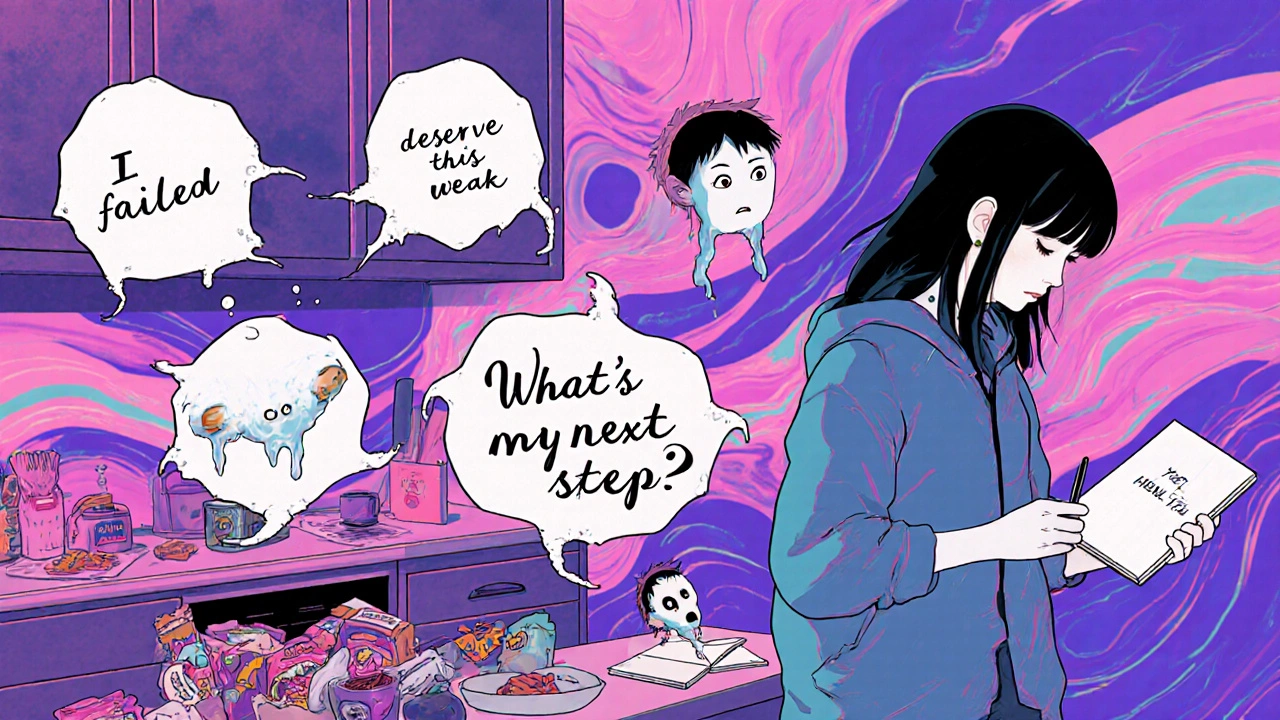
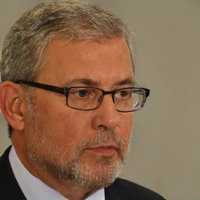
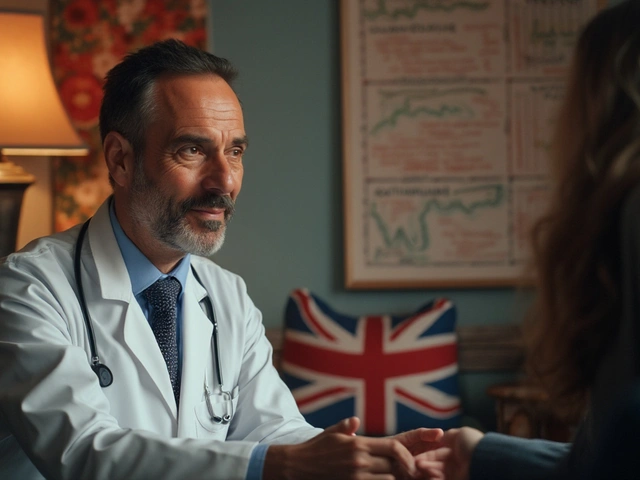
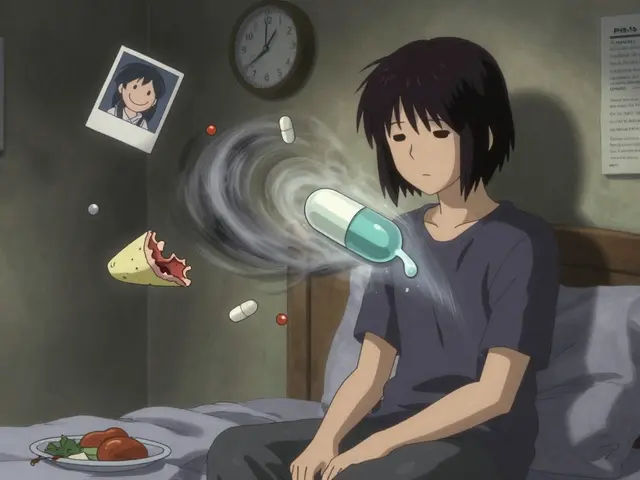

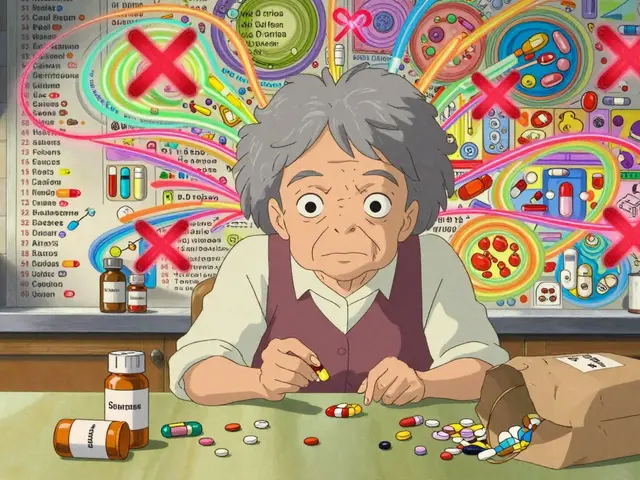


I’ve been doing this for 18 months now-journaling my moods before meals, catching those "I blew it" thoughts-and it’s changed everything. Not because I lost 50 pounds, but because I finally stopped hating myself after eating a cookie. I cry sometimes when I think about how long I wasted fighting my brain instead of listening to it. Thank you for writing this.
The empirical validation of cognitive behavioral interventions in the context of obesity management is both statistically significant and clinically meaningful. The meta-analytic effect size (Cohen’s d = 0.72) reported in the 2023 study demonstrates robust efficacy over conventional caloric restriction paradigms. Furthermore, the neurocognitive mechanisms underlying cognitive restructuring-particularly prefrontal cortex modulation of limbic reactivity-provide a biologically plausible framework for sustained behavioral change.
Okay but like… isn’t this just ‘eat less, move more’ with extra steps? 🤷♀️
This is why people stay fat. You’re not giving them a plan-you’re giving them therapy. Who has time for that? Just tell me what to eat and stop talking about my feelings.
I appreciate the science here, but I’m skeptical about accessibility. If you’re working two jobs, living in a food desert, and your insurance only covers 12 sessions-how is this supposed to work? The gap between theory and real life is massive. CBT is great… if you’re lucky.
I used to eat cereal at 2 a.m. because I felt lonely. Now I just sit there, sip tea, and say, 'Hey, that’s your anxiety talking.' And then I go to bed. No guilt. No drama. Just… me. It’s weirdly peaceful.
I’ve been using the journal trick for 3 weeks and I’ve already noticed I’m less likely to grab chips when I’m stressed. I didn’t even realize how often I was eating out of boredom! Also, I’m not great at spelling but this stuff? Game changer. 🙌
Actually, the 2023 meta-analysis you cited had a high heterogeneity (I² = 78%), and only 3 of the 9 studies used intention-to-treat analysis. Also, BMI points aren’t a clinically meaningful metric-percent body fat or waist circumference would’ve been better. CBT’s good, but don’t oversell it. 📊
You Americans think your problems are unique. In South Africa we don’t have time for therapy. We eat because we’re hungry. We move because we have to. You call it emotional eating-we call it surviving. This is privilege wrapped in jargon
Fascinating. Though I must say, the reliance on behavioral psychology as a panacea for metabolic dysfunction is a quintessential neoliberal capitulation-replacing structural solutions (food justice, economic equity) with individualized cognitive recalibration. One must ask: who benefits from pathologizing hunger as a cognitive distortion? 🌐✨